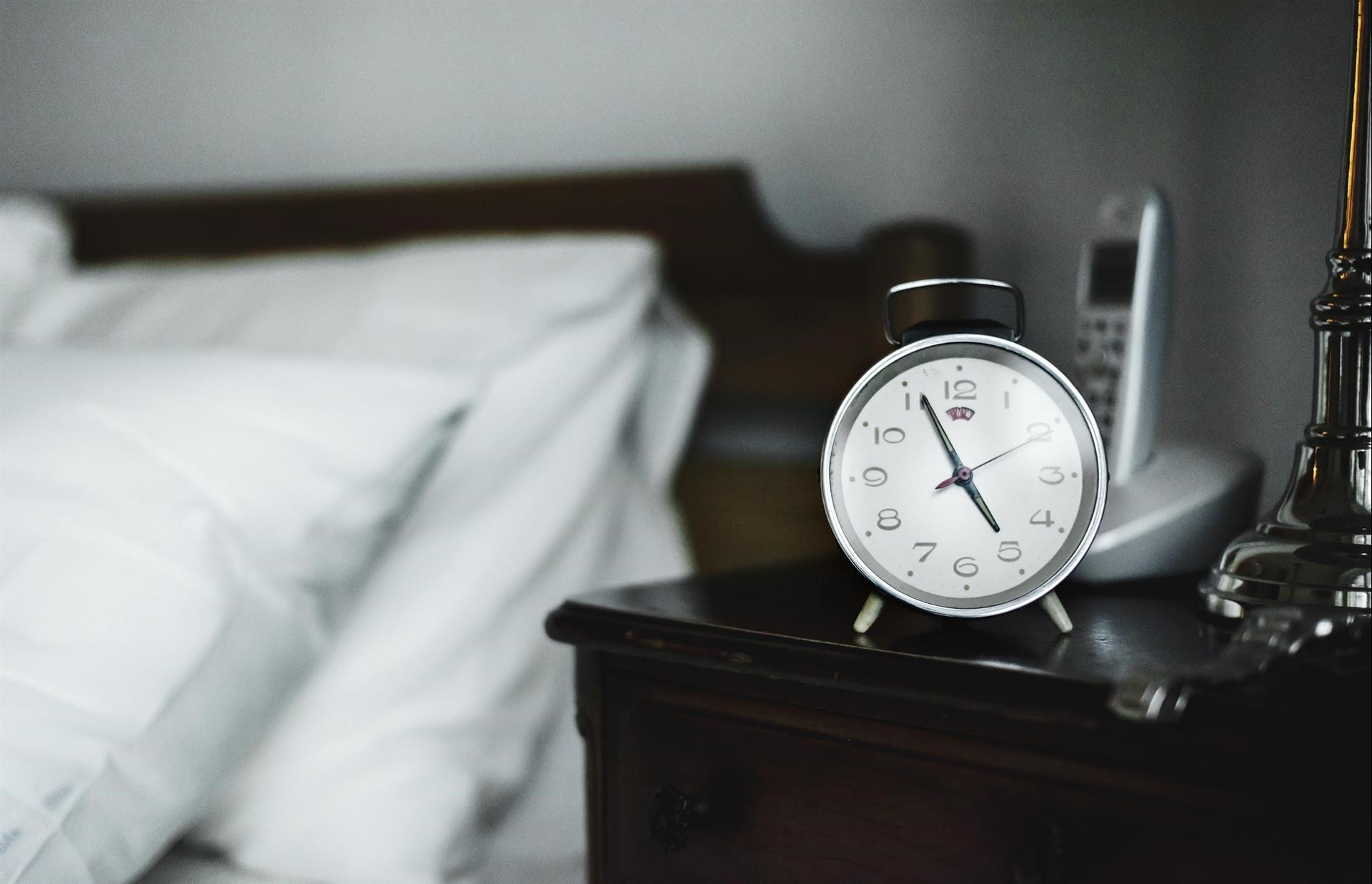Nothing beats a good night of sleep. Unfortunately, it’s surprisingly difficult to achieve a restful sleep that leaves us feeling bright-eyed and bushy-tailed in the morning. While research suggests that we need about seven to nine hours of uninterrupted, high-quality sleep to function optimally and stave off illness, most of us are falling short and suffering from a variety of mental and physical health problems as a result. If you’re running on empty and could use a little more shut-eye, check out the following tips to sleep better naturally!
Upgrade Your Mattress
It’s a fact: Your mattress can make or break your sleep. If your bed is over seven years old, there’s a good chance that it has lost its supportive qualities. Sleeping on an old mattress can cause back and neck pain, allergies, and insomnia, especially if you have trouble falling asleep due to discomfort. Consider replacing your mattress to refresh your sleep environment.
If you’re looking for a new bed, consider upgrading to a king-sized mattress so you can have more space to yourself and reduce sleep disturbances from your bed partner. MySlumberYard gave Leesa and Nest top ratings in a recent, thorough review. Besides size, consider your firmness preferences and personal sleep style as you shop for a solution. The Leesa Hybrid is on the firmer side, which may be great for back and stomach sleepers who need a highly supportive bed. On the other hand, the Nest Alexander Hybrid is soft and fluffy, providing good pressure relief for side sleepers. While you’re at it, invest in new pillows that provide better neck support.
Overhaul Your Bedtime Routine
Could your bedtime routine use an upgrade as well? If you spend those last few hours before bed catching up on work, binge-watching your favorite shows, or scrolling on social media, you may be unknowingly sabotaging your sleep. Some other late-night activities that will ruin your sleep include eating heavy meals, drinking alcohol, and engaging in intense exercise. If you’re guilty of any of these, adopting a healthy bedtime routine can have a significant effect on your sleep quality. Canyon View recommends keeping your bedtime routine realistic, relaxing, and ritualistic, meaning that you should be able to get through your routine easily.
Stop Sleeping In
If you use the weekends to catch up on missed sleep, then you may be doing more harm than good! Reader’s Digest reports that sleeping in on the weekends disrupts the body’s sleep-wake cycle and increases the risk of lifestyle diseases, including heart disease and obesity. One of the best things you can do for your sleep quality is to stick to a consistent schedule. Instead of sleeping in some days and rising early others, go to bed and wake up at the same time every single day to stay in sync with your internal clock.
Stop Hitting Snooze
Hitting snooze on those early weekday mornings is just as tempting as sleeping in on Saturday. However, sleep experts claim that hitting snooze can disrupt your body’s sleep patterns and leave you feeling drowsy for the rest of the day. As Mindbodygreen explains, going back to sleep for a short period of time won’t help you get more restful sleep, as it takes about 90 minutes for your body to cycle through all of the sleep stages. Hitting snooze can even cause you to wake up during the wrong stage of a sleep cycle, resulting in lingering grogginess.
Fortunately, if you’re a chronic snoozer, there are ways to break the habit. Give yourself a reason to get up, such as a good cup of coffee and a moment of quiet before your day begins. Try using an app that tracks your sleep cycles and wakes you up at the optimal time to avoid morning drowsiness. If all else fails, disable the snooze button on your alarm or move your alarm out of reach so you have to get out of bed to turn it off.
Sleep problems are persistent in the western world. If you’re one of the tens of millions of Americans suffering from sleeplessness, try adopting some healthy sleep habits before turning to prescription medication. A new mattress or a good bedtime routine might be all it takes!

